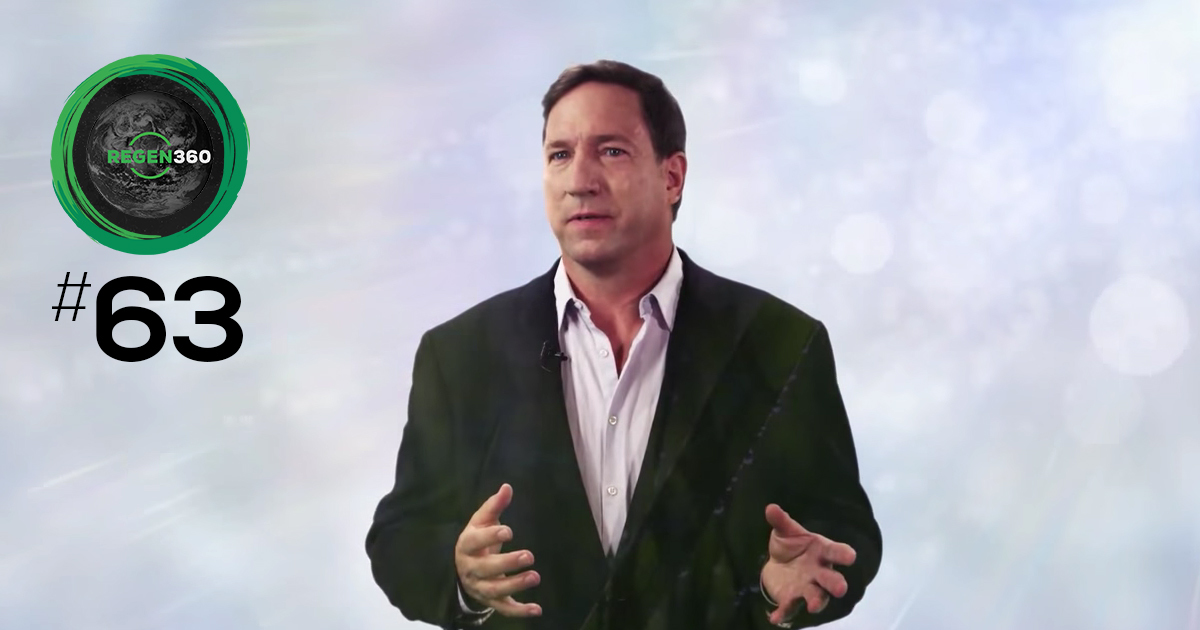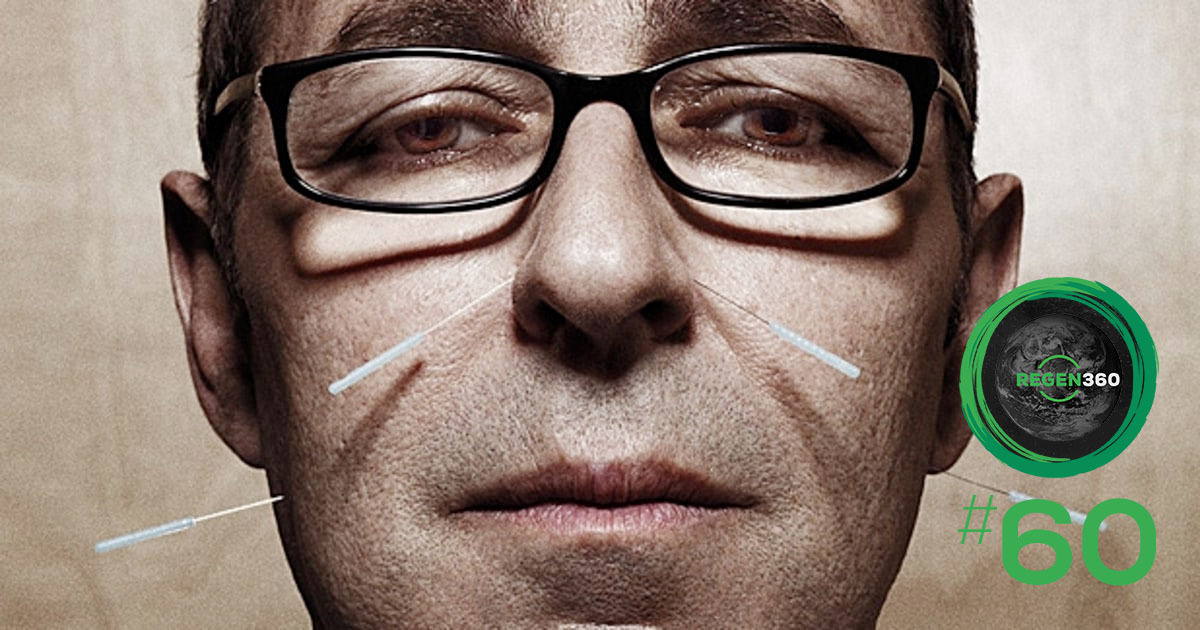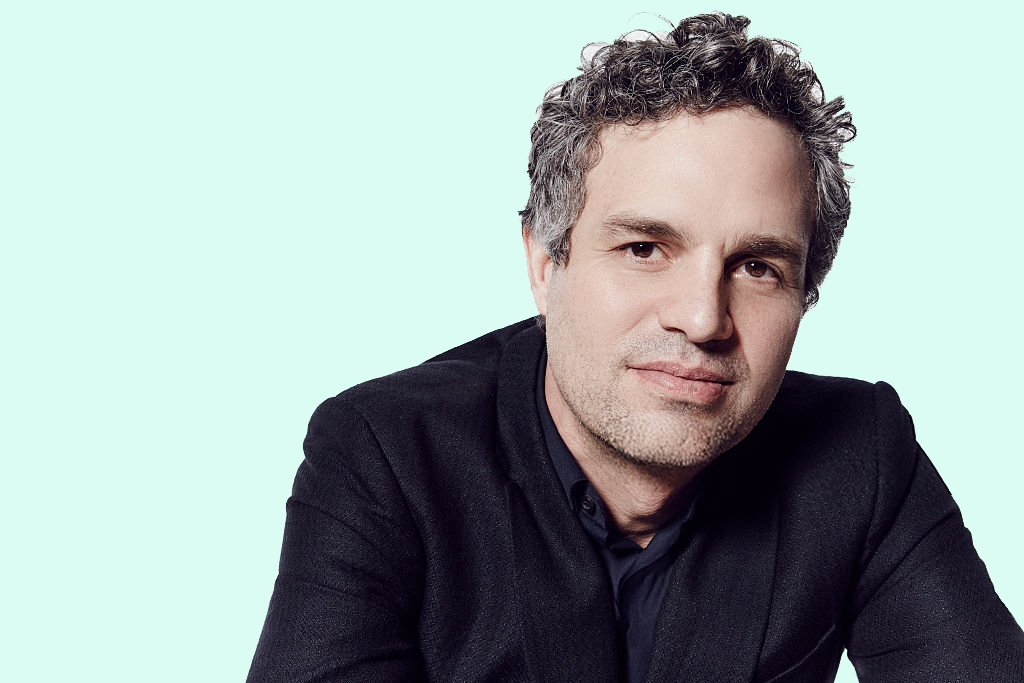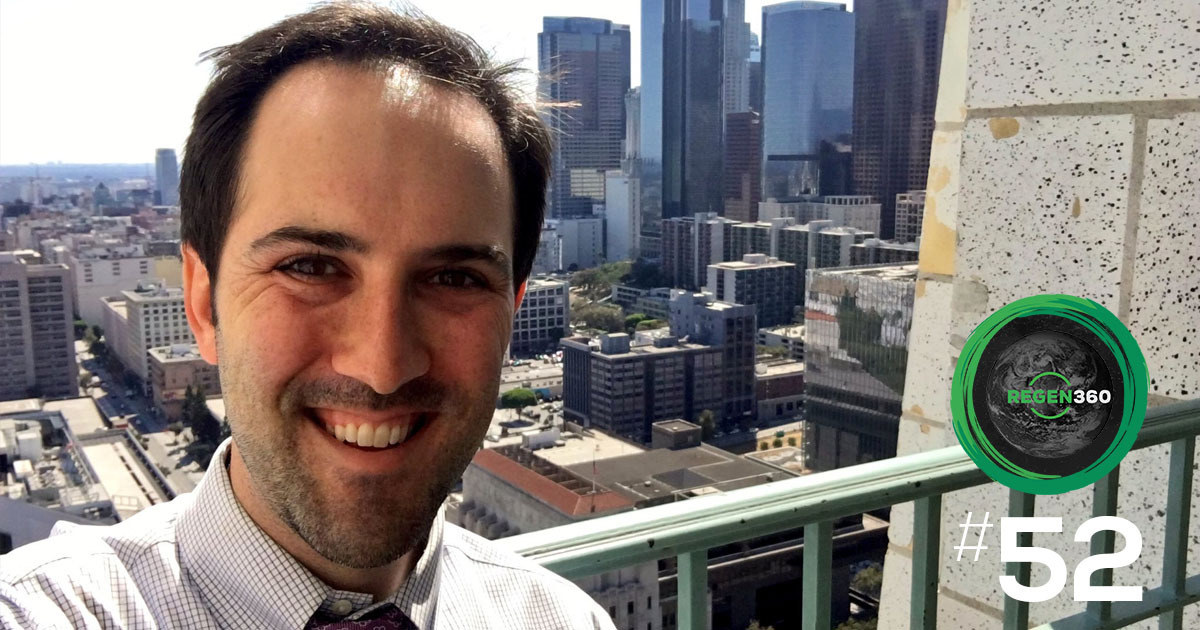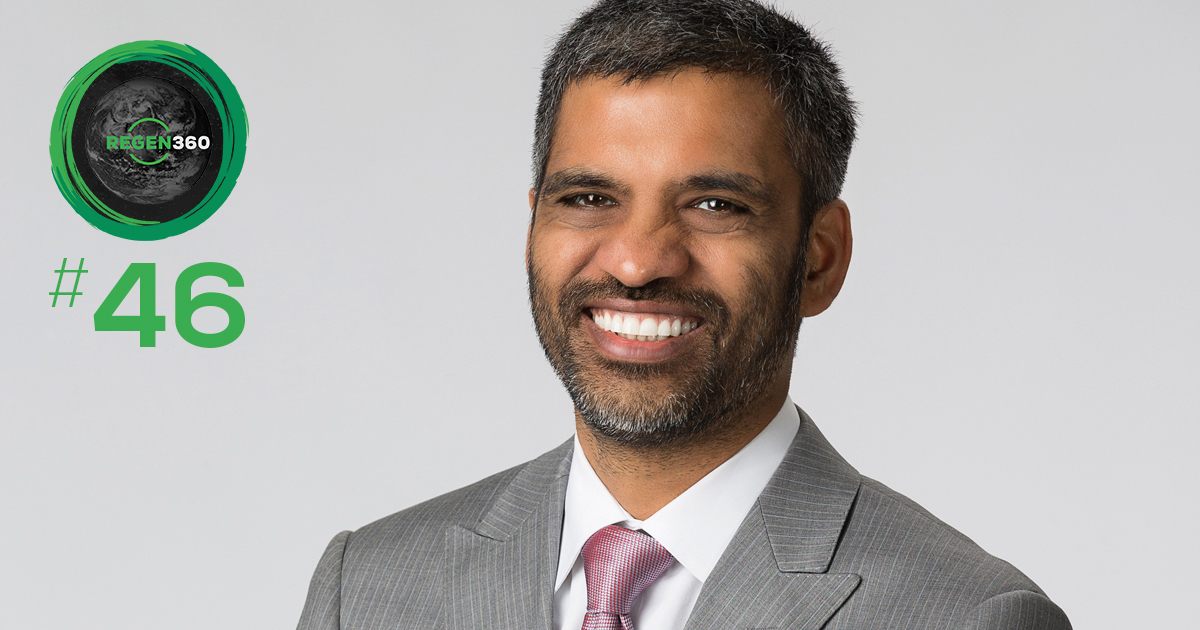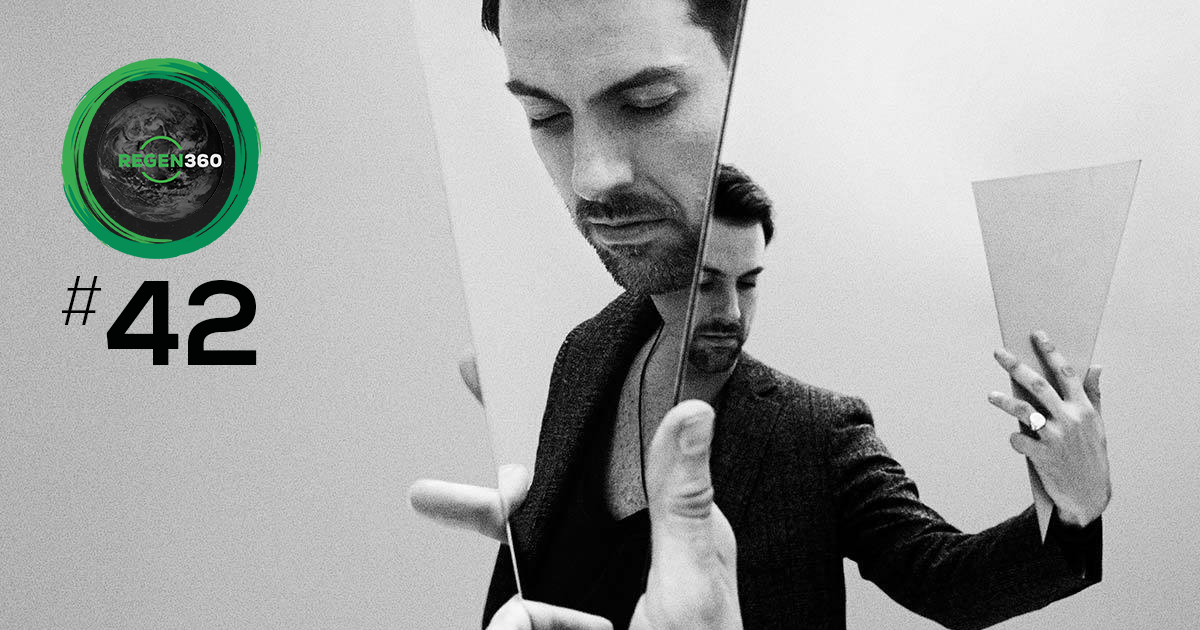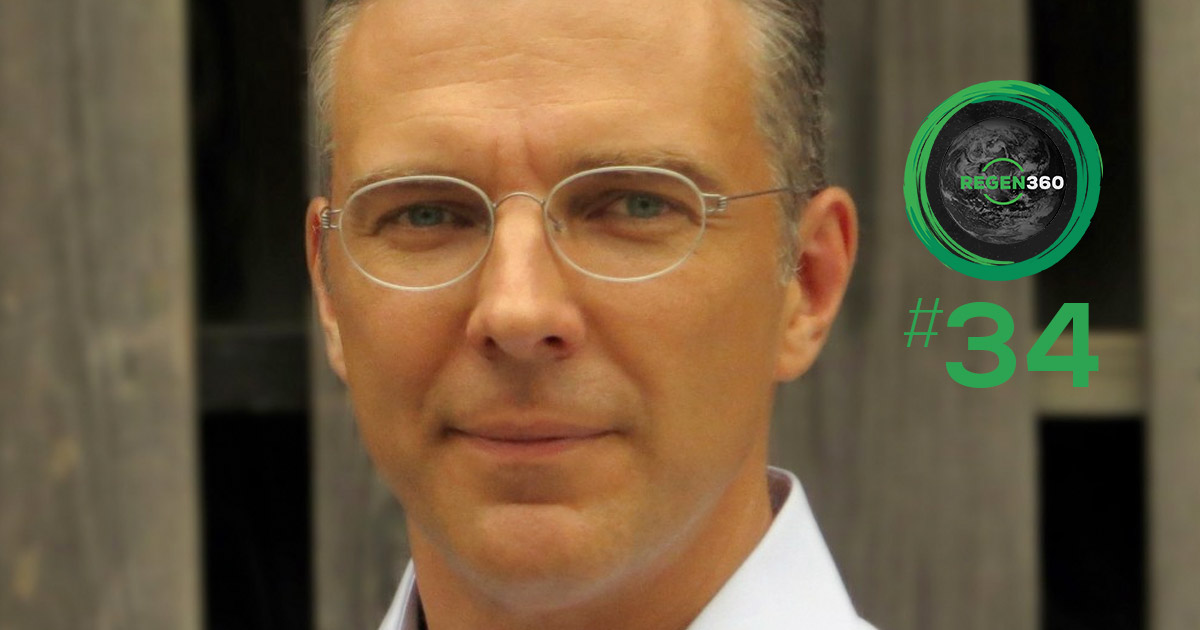Podcast: Play in new window | Download
HOPE!
That’s what we all need in this torrid political climate, or what Bill Browning calls the “tide of stupidity.”
Bill Browning gives me hope. His mind is brilliant and inventive, and his heart and soul care at the core for our sustainable future. Beyond net zero, Bill strives for net “positive” – what we refer to as regenerative and the name of my podcast show – Regen360.
In this week’s podcast, we have the opportunity to be inspired and learn from Bill. He talks about his work with cities and companies that are doubling down and “making loud statements” despite the pushback. He educates us on biophilic and fractal effects and ecosystem biomimicry. We get to learn about “factories of forest.”
I encourage you to join Bill Browning and me in an enthralling dialog. Click here to tune in and be inspired as I was.
Here’s to putting points on the board of Mother Earth and increasing ecosystem profitability.
-David
